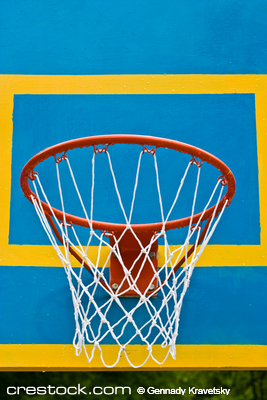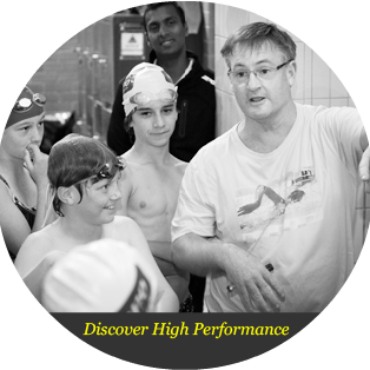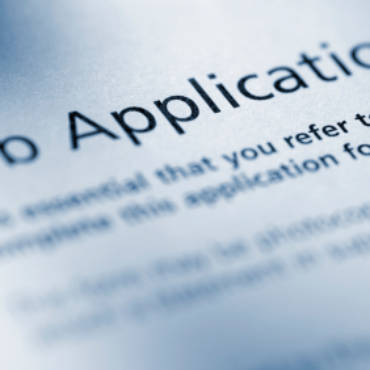There are coaching courses, coaching workshops, coaching programs, coaching presentations and coaching seminars.
There are mentoring programs for coaches, professional development programs for coaches, training programs for coaches and a million and one degrees, certificates and accreditation programs for coaches.
But what is coaching and what does it take to get really good at it?
What is great coaching?
And would you even recognise it even if you met it over a nice red wine and dinner?
Forget all this Coaching Accreditation Level 1-10 rubbish. Ignore this Diamond Coaching License stuff.
All coaches – sport coaches, life coaches, business coaches and even those who coach the coaches (and those who coach the coaches who coach the coaches) go through five stages of coaching from beginning to brilliance.
Stage One (zero to one year of coaching): Basic Coaching– Your first stage of coaching is about the basics – learning the first, simple coaching concepts. Not only do you know nothing about coaching at this stage but you don’t know what you don’t know and you probably don’t even know that you don’t know that don’t know.
Stage Two (one year to five years of coaching): OSFA – One Size Fits All Coaching – At Stage two you have developed one coaching solution to every problem. For sports coaches, this usually means to do more – i.e. to add volume to the training program in the belief that if some is good then more must be better. With Life coaches and Business coaches, their one size fits all approach is usually applying Neuro-Linguistic Programming (or one of the many similar coaching ideologies that were the basis of their initial training) to all people and all situations. You are convinced that your way is the only way and the only way that your athletes (or clients) will succeed is to follow your OSFA philosophy. To a coach with a hammer, every problem is a nail!
Stage Three (five years to ten years of coaching): Many Solutions to Every Problem Coaching – You begin to realise that people are unique and as such you need different “tools” to help them realise their potential. NLP might work for some people on some occasions but not for other people on other occasions. More endurance training might help with fitness but it does nothing for skills, decision making, speed, attitude, technique, tactical development or leadership. So you develop a wide range of knowledge, skills, techniques and abilities to help your athletes (clients) achieve success.
Stage Four (ten years to twenty years of coaching): No Surprises Coaching – When you get to this stage in your coaching, you have very few problems or challenges because you have the experience and the skills to see them coming well in advance and have proactively taken steps to avoid them. You may even deliberately create problems so that your athletes (clients) have to find solutions and learn by doing.
Stage Five (over twenty years of coaching): Collaborative Coaching – and at stage five, you don’t even need to coach….you guide, you mentor, you teach and work collaboratively with your athletes to help them solve their performance problems. You form a coaching and learning team with your athletes (clients). You share, you learn and collaborate for mutual benefit and aim to help each other accelerate learning (and progress).
Now here’s the most exciting part of this post………you can go from Stage One to Stage Five in twenty minutes…not twenty years and bypass all the hard work, trial and error, heartbreak, tears, tragedies, turmoil, freak-outs and frustrations.
How????
See my next post: The Future of Coaching: Creativity, Collaboration and Coaching.
Wayne Goldsmith





7 Comments
As you know Wayne, you cant buy experience on the shelf, so i am looking forward to the content of the next article. Intriguing! Cheers
Hi Richard.
As a hint for the next post……if you know what the end point will be, then why not start with it?
So if most of us agree that coaching, teaching, learning and education is shifting towards collaborative, sharing, blended learning techniques, why not teach coaches how to do it at Stage 1 and stop all this coaching by trial and error and over complicating it all with too much sports science stuff?
I am still going to Sports Coach Basic Education courses where they spend two hours trying to teach new coaches (Stage 1) that the secret to sporting success lies in understanding the ATP molecule, fatty acid oxidation and gluconeogenesis! All great stuff if you want the Nobel Prize for Physiology but its got nothing to do with coaching kids to accelerate their rate of learning and realise their potential.
Let me know what you think about the next post.
WG
Richard, may I make mine all the words you worte?
Wayne, I agree but would love to debate a lot more with you!
Hope I can overcome the 20 year process asap to help people down here and evolve my own tools, thanks, cheers, from and “anxious coach” (know that I must avoid that kind of behavior), MAA
Interesting, coaching is a multifaceted skill set with a myriad of varied skills and knowledge. Interesting comment about the energy systems, it is vital to understand these and how to stress them in order to prepare your athlete for your sport. Same goes for practice scheduling and skill acquisition. No use in having skills or physical conditioning and not being able to apply them to your sport.
Hi Jason,
Thanks for the comment. I have no problems with energy systems but the typical level one / beginning coach course is so full of complex sports science (ie complex for a new coach with no sports science training) that I believe we scare them off further study and give them the wrong impression that it is all about sports science. The challenge for educators then is to come up with more innovative, creative, effective and engaging ways of teaching relatively complex sports science concepts to beginners and more importantly how to apply sports science to enhancing the training and competition experiences of all athletes.
Thanks again,
WG
Good point on the stages of coaching. Indeed it is a process of evolution sparked by a deep passion for the game and a desire to get better.
Cheers..
Thanks Dave,
Coaching is one of those professions where change is critical, learning is vital, continuous improvement is essential and passion is everything.
WG
Comments are closed.